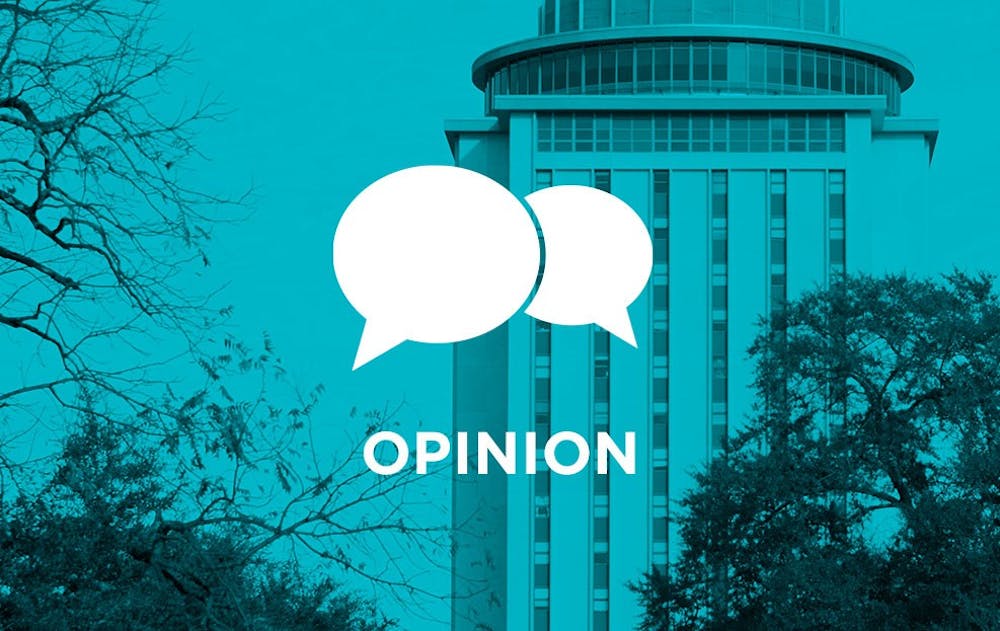Everywhere you look today, democracy seems to be under siege. From Hungary to the Philippines, democracy is clearly in crisis as populist and authoritarian figures rise to power across the globe. In addition to the usual right-wing suspects, democracy now also faces a new and potentially insurmountable adversary: our present climate catastrophe.
The U.N.’s scientific panel on climate change issued a harrowing report recently that paints a grim picture of the future of the planet. By as early as 2040, the atmosphere will be 2.7 degrees Fahrenheit warmer than it was during preindustrial times.
This seemingly small increase in temperature will bring with it worsening food shortages, droughts, wildfires and widespread environmental destruction. The authors of the report warn that in order to reverse this process, world governments will have to transform their economies and societies in a way that's never been seen before.
If these dire warnings ring true, it would likely mean at the very least a suspension of the democratic process. Certain scientists and climate activists have long been calling democracy into question, voicing concerns over its alleged inability to effectively deal with the kind of existential threat posed by climate change.
James Hansen, an influential climate scientist and activist since 1988, has argued that democracy doesn’t work with regard to the present issue. Likewise, another noted climate scientist and activist, James Lovelock, has argued that democracy must be abandoned in order to efficaciously deal with climate change issues. They are not alone in their democrophobia, and the U.N. report gives credence to their concerns.
For my part, I too question democracy’s ability to deal with our present dilemma. If we take this U.N. report seriously, then drastic measures that may be very unpopular will have to be taken. Is there any guarantee that, if we leave these issues up to popular vote or turn them into partisan campaign topics, that the proper measures will actually be taken?
People are irrational, and given the rather abstract and distant threats posed by climate change, many may very well choose to protect their short term comfort over the long term health of the planet.
In the U.S., the GOP has turned climate-skepticism into a matter of party dogma and would likely fight any proposed legislation tooth and nail. Their short-sighted and self-immolative actions on behalf of the donor class would still earn them plenty of votes, given all the voters who reflexively vote Republican regardless of the issue and those who stubbornly refuse to accept the scientific evidence.
Thoreau once compared democracy to a game, a process where there is simply no guarantee that the right outcome will prevail. There is always an element of chance and uncertainty in the democratic process, and when it comes to something as crucial as the health of the planet, can we risk it?
Democracy is not to be deified and treated as some sacrosanct institution that can’t be questioned. If our situation demands that we suspend democracy, as our current situation very well might, then we must do so. The UN report strongly indicates that drastic action is required immediately, and the health of the planet is not something that can be left to the gamble of the ballot box.

